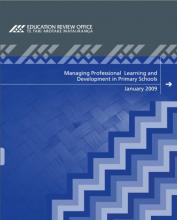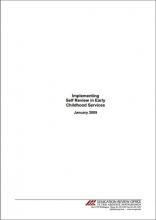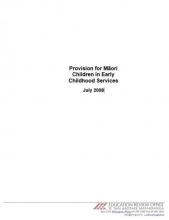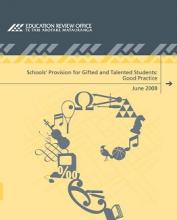Managing Professional Learning and Development in Primary Schools
This is one of two national reports by the Education Review Office (ERO) on how well schools manage teachers’ PLD. This one about PLD in primary schools and the other is on secondary schools.
This report discusses how well primary schools:
• plan for PLD;
• build a culture in which teachers learn and develop; and
• monitor the effectiveness of teachers’ learning and development.








